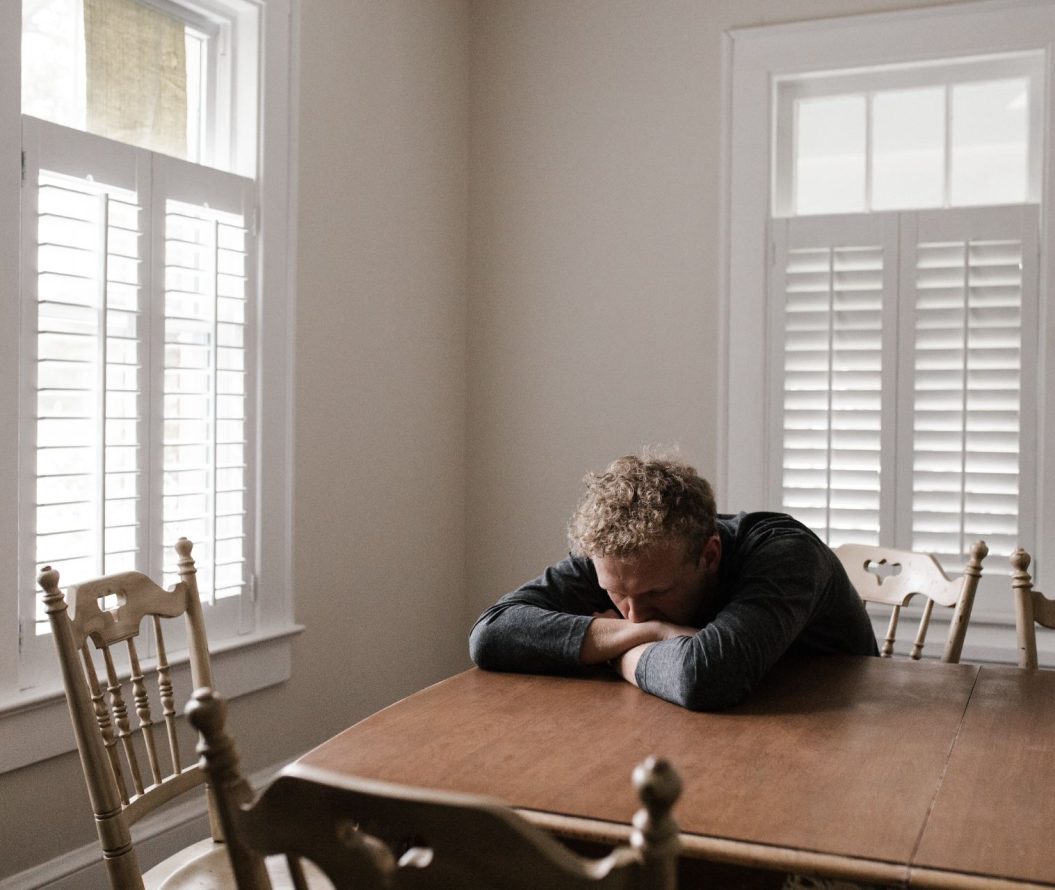Hi! I’m Abi, I'm currently studying a masters in Criminology and Criminal Justice. I like to draw animals & wildlife, play video games, and I like reading.

Where do I start?
Talking about our feelings is always difficult, even those of us who are in therapy and counselling will find it difficult to communicate new issues or negative thoughts. Understanding why it’s useful to talk about our mental health is a great place to start, it can help us learn why it’s important and what we can gain from it.
Many people worry they’re being self-centred when talking about their problems and that they shouldn’t burden other people, and the first step to overcoming this is by finding someone you trust. It could be a parent, close friend or relative, or even a counsellor or doctor, as long as it’s someone you feel comfortable talking to and know they won’t judge you for what you’re saying. If you don’t quite feel like you have anyone, I’d encourage you to seek help via student wellbeing (or any of the organisations listed at the end of this article) as they’re trained professionals.
Finding the easiest way to communicate.

A common reason people give for not talking about their mental health is not knowing how to communicate what they feel. This is normal, and there are lots of different types of techniques to use to combat this! Here are some examples.
- Write a song or poem, you could use the instruments to convey your feelings, or write lyrics that express what’s going on inside your head.
- Do some art, I recently wrote an article about how using art can benefit our mental health, and there’s lots of ideas in there for how you can do this!
- Write down your thoughts, sometimes it’s easier if you don’t have to say the words out loud, so it’s okay to write them down and show them to someone you trust.
- Use pictures, find pictures online that you feel resonate with your feelings.
All these methods give people a starting point to be able to help you. For example, if you were to show a counsellor the pictures you’ve collected, they could go through them with you to decode how you’re feeling. This relieves the pressure of having to start the conversation and try to think of what to say.
Breaking down the stigma

Not too long ago, mental health problems were seen as taboo. Thankfully we’re moving forward societally and making great progress into understanding mental illness and finding ways to live with our disorders. Research since the 1950’s has expanded our knowledge of how these disorders work, and what we can do to help each other and ourselves.
One thing I think everyone should know is that having any kind of mental health problem does not make you weak, in fact, some of the strongest people I know experience mental illnesses. Most of us will struggle with our mental health at some point in our life, and we can make the world a much more accepting place just by starting to talk about ours.
Help available
Samaritans: 116 123 – A 24/7 helpline if you need someone to talk to
LPFT Single Point of Access: 0303 123 4000 – You can request to speak to a crisis team in Lincoln 24/7, or enquire about Steps2Change
NWCH: 01522 253809 – A private counselling hub in Lincoln that provides sessions funded by the Bromhead Charity
Steps2Change: https://www.lpft.nhs.uk/steps2change/accessing-our-services/self-referral – This URL takes you to a self-referral information page on the Steps2Change website, where you can refer yourself for counselling sessions from the NHS.
Student wellbeing: https://studentservices.lincoln.ac.uk/



